Joanna Thielen
Posts tagged with Research
Showing 11 - 20 of 31 items
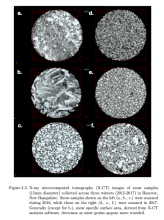
In this interview, Dr. Adam Schneider (U-M alum; PhD in Atmospheric, Oceanic and Space Sciences 2018) described why he decided to share the data set entitled "Supporting data for the Near-Infrared Emitting and Reflectance-Monitoring Dome" in Deep Blue Data.
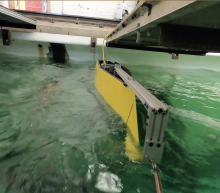
In this interview, Nate Clemett (Master's student in the naval architecture and marine engineering department) describes his research and why he decided to share his data set entitled "Flywheel Energy Storage System Roll Dataset" in Deep Blue Data.

In this interview, Dr. Wilkinson Daniel Wong Gonzales (U-M alum; PhD in Linguistics 2022) describes why he decided to share the data set entitled "The Lannang Corpus (LanCorp): A POS-tagged, sociolinguistic corpus containing recordings and transcriptions of Lannang speech collected from the metropolitan Manila Lannangs between 2016 and 2020" in Deep Blue Data.
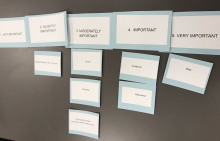
Source evaluation is an important skill in our information landscape, which is why librarians teach this concept to students during course-integrated information literacy sessions. As part of an IMLS grant, our research team is conducting a two part study to understand the impact of library instruction on students’ evaluation of sources. In this post, we discuss the use of a questionnaire and role-playing interviews to learn more about students’ confidence in their evaluation abilities.
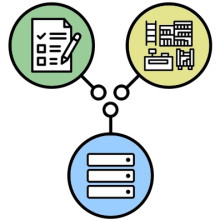
This blog post presents how the use of multiple streams of data benefited two recent U-M Library studies. For example, one recent study merged survey data, U-M human resources data, and Library document delivery data to provide a very rich picture of how diverse groups on campus use and experience the Library’s document delivery service. Some advantages of joining multiple data sources in assessment projects are discussed in the context of the two example studies.

A project team charged with providing staff training activities approached the project assessment with an iterative design lens, allowing for responsive and timely development of multiple opportunities for staff engagement around organizational and personal change. The team tried out different assessment techniques related to the opportunities offered.
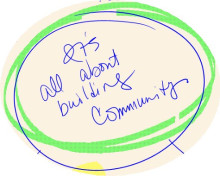
What does it mean to evaluate assessment practices through a DEIA lens? Sheila Garcia, Resident Librarian in Learning and Teaching, shares her personal journey applying a critical lens to her capstone project that centers the experiences of undergraduate language brokers.

When planning an assessment project in the Library, one important step is to consider whether your project should be vetted by the Institutional Review Board (IRB) at U-M, a committee that ensures studies with human subjects are ethical, that subjects are protected from unnecessary psychological or physical risks, and that subjects are participating in a fully informed, voluntary manner. This post details when your data collection may be subject to a full IRB application and review process.
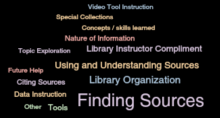
Assessing library impact on student learning is essential for demonstrating libraries’ integrated value and commitment to higher education. In 2018 the author investigated faculty perceptions of student learning in library instruction sessions, and as a result, revealed that faculty observe enhanced learning when their students participate in library instruction opportunities.
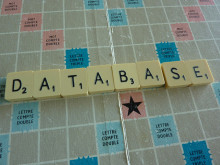
In this post, the author describes how they used the assessments of a revised library curriculum for the College of Pharmacy to demonstrate the value of the sessions for students, and to stimulate the creation of a new learning object - a game - to improve student learning.